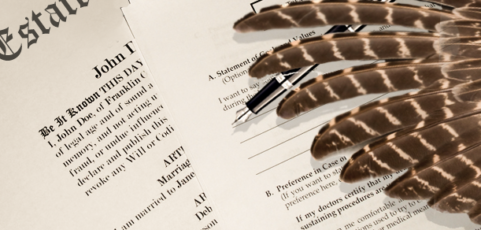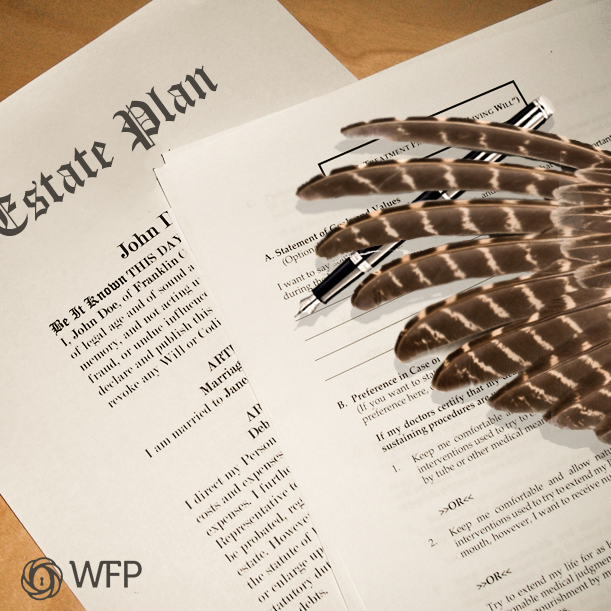New Year, New Tax Bill
Unless you’ve been living somewhere with no internet and no cable for the past few months, you’ve probably heard about the new tax bill, which was recently passed by the Senate. It seems like everyone is debating it; and, from pundits to politicians, everyone has something to say, us included. In this article, however, we will be cutting through the vast melting pot of opinions to give you the information you need about how the tax code will affect important areas of your personal and business life.
There’s a lot to cover, so let’s get started!
The 2018 Tax Code: What’s Going On?
What is going on? That is the question on almost everyone’s mind. Well, when it comes to the estate and gift tax, the answer is: a lot.
In 2018, the estate tax is more of a concern than ever before. This tax hasn’t been talked about much until just recently, but its changes will affect many people. Here’s a rundown of how the 2018 tax code will affect your estate tax.
The Estate Tax
If you own an estate, you are probably familiar with the estate tax. The estate tax and income tax are not to be confused, as the former is paid on the transfer of assets from the decedent to heirs and beneficiaries, whereas the latter is the tax on the income that the decedent’s estate generates. Essentially, the estate tax is a tax on your right to transfer your property post-mortem.
In order to calculate this tax, the IRS takes an accounting of everything you own or have an interest in at the date you die. The tax has a high exemption amount, which means that really only the wealthiest top less-than-one-percent of Americans pay it. However, this tax is going to undergo some changes, thanks to the new bill.
First, you should know that in 2024, there will not even be an estate tax. In 2018, however, the estate tax is still live. There is an $11 million estate tax exemption per person ($22.4 million for a married couple). You may be thinking that you’re in the clear for the estate tax in 2018 if you have under that magic $22.4 million number. However, this depends on what year you die. In addition to this info, you should also know what a gift tax is, as that can further decrease the amount of taxes you pay.
The Gift Tax
The gift tax is pretty simple to understand. This tax is executed when there is a transfer of property after someone dies. This differs from the estate tax in that the transfer of property is not paid for, meaning that there is no consideration (money or something equivalent) received in exchange. It is, simply, a gift.
The gift tax exemption is often unified with the estate tax exemption. This means that you can give away up to $22.4 million in 2018 without being hit with any gift or estate tax. If the exemption grows to a larger amount, you can give more away. A piece of good news is that even if the exemption amount shrinks, you won’t lose the amount you’ve given because there is no penalty. So, the question becomes: are you taking advantage of all you can give away in 2018?
In your estate plan, you decide what to do with your assets. Consult an estate planner to make sure that you’re using these estate and gift exemptions to their full potential. There is a lot of opportunity to decrease the amount of taxes you pay, and with the upcoming tax bill, some big changes are on their way.



